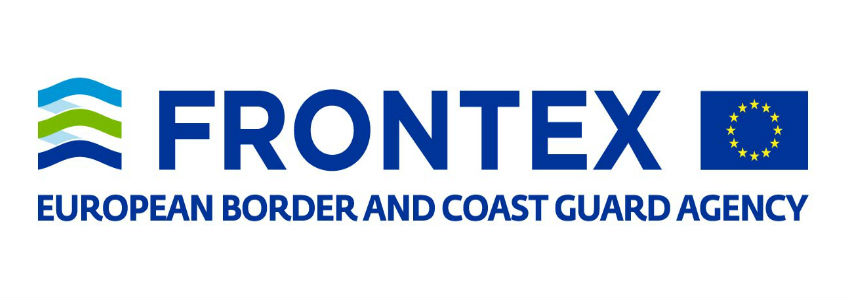
The ETIAS visa waiver for Europe is to come into effect in 2026. It is being introduced with the aim of boosting security and safety across the 26 European Schengen Area nations.
Travelers with a criminal record may be concerned that their previous conviction will prevent them from obtaining the documentation necessary to enter Europe.
Individuals who have broken the law should not be deterred from applying for ETIAS. In many cases, the electronic authorization will be granted.
Traveling to Europe with a Criminal Record
Currently, foreigners from visa-exempt countries are not usually required to provide information about criminal convictions when arriving for a short stay in Europe. On the rare occasion that a border check does take place, it is essential to answer all questions truthfully.
With the aim of closing security gaps, the European Travel Information and Authorization System, to be launched in 2026. Once introduced, Americans will need to register for an ETIAS visa waiver before departing for Europe.
ETIAS is not a visa, it is a travel authorization being implemented to boost security across Europe. As explained below, the pre-screening process will involve security checks to help identify individuals who may pose a public safety risk in Europe.
Security Databases Used for Checking ETIAS Applications
The ETIAS will cross-check traveler details across several international security databases. The systems involved in the prescreening of passengers are:
- EURODAC
- EUROPOL
- Stolen and Lost Travel Documents database (INTERPOL)
- Schengen Information System (SIS)
- Visa Information System (VIS)
- European Criminal Records Information System (ECRIS)
An automatic process will check the data provided on completion of the ETIAS request form, and passport details, against all these systems. This will create a complete profile of the applicant.
EUROPOL data will be used to put together an ETIAS watchlist. People who are suspected of having taken part in serious criminal offenses will be added to this list. As will the names of those for whom there are reasonable grounds to suspect future terrorist activity or serious crime.
Passport information will be run through the Stolen and Lost Travel Documents database. This is to ensure the passport used to submit the application has not been reported lost or stolen, and to confirm there is not a warrant for the traveler’s arrest.
European Criminal Records Information System and ETIAS
ECRIS was established to facilitate the exchange of criminal record information about non-EU citizens with criminal convictions.
On submission of the ETIAS application form, the data is automatically processed. If there are no hits in the system, the approved document will be emailed to the passport holder within a matter of minutes.
ECRIS is likely to identify individuals who have previously been prosecuted for breaking the law. This hit will result in the application being assessed manually.
Decisions on whether the ETIAS will be granted are made on a case-by-case basis. As ETIAS is in place to prevent terrorism and serious crime in Europe, only those individuals deemed a threat will go on to have their request denied.
Travelers with minor convictions should not be deterred from applying for ETIAS. The authorities are likely to grant access to people they do not believe to pose a danger to public safety.
Questions about Criminal Records on the ETIAS Application Form
There are a series of security questions on the ETIAS form that applicants must answer truthfully, informing the authorities of any serious criminal offenses which have resulted in a conviction over the last 10 years.
These include:
- Terrorism (any conviction in the last 20 years)
- Sexual exploitation of children
- Human trafficking
- Drugs trafficking
- Murder
- Rape
These serious offenses may result in access to Europe being denied, but each case is studied individually. Criminal records for other offenses that are not considered serious are unlikely to result in the ETIAS being denied.
It is expected that ETIAS will become mandatory 6 months following its implementation in 2026. From this point onwards, anyone from an eligible visa-waiver country will be unable to enter Europe without the permit.
U.S. citizens with a criminal record will continue to be admitted to Europe after 2026. Given that ETIAS was developed to further diminish the threat of terrorism across the continent, only those considered to be a threat will be blocked.


